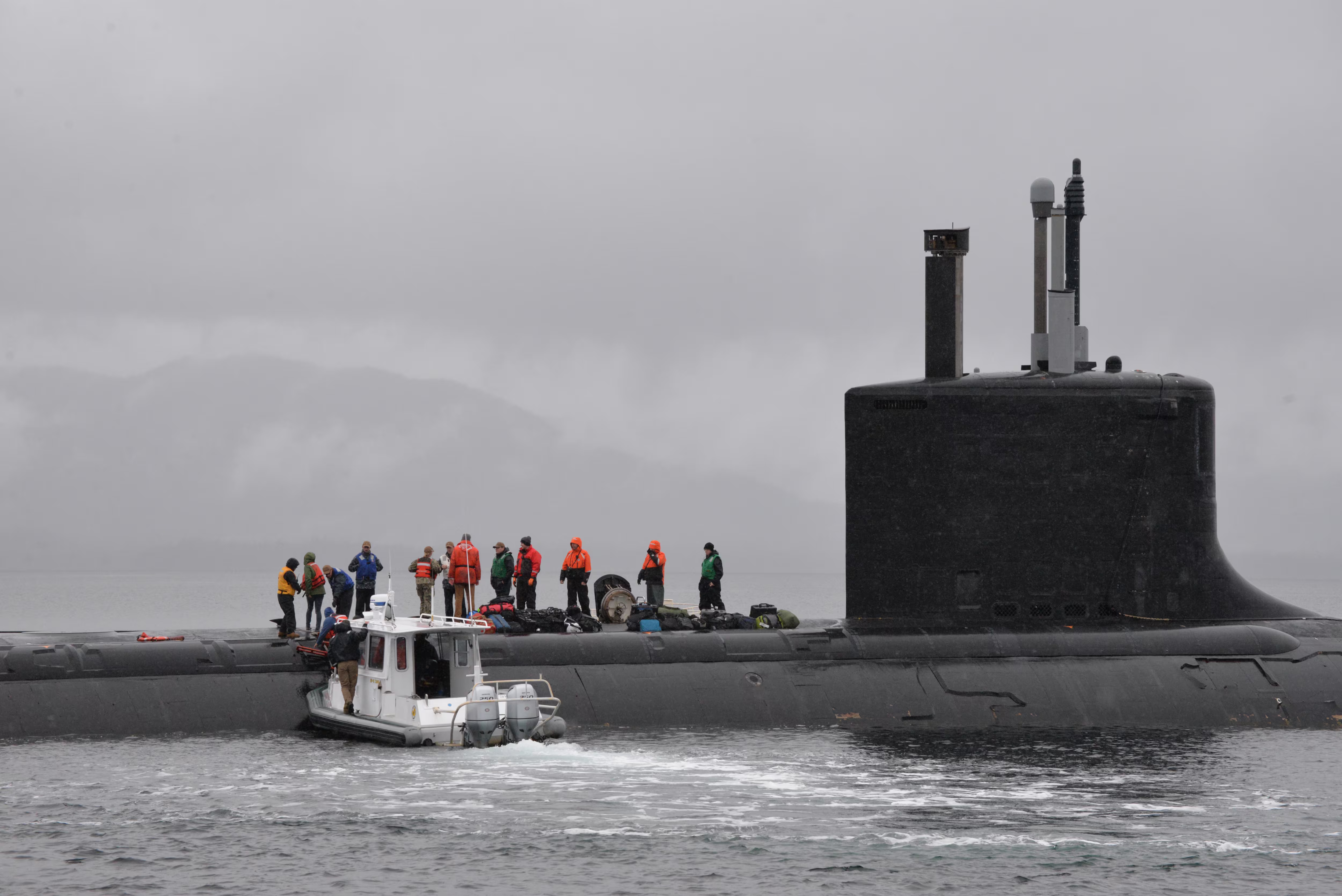COLOGNE, Germany — The Dutch Defence Ministry has dropped shipbuilder Navantia from the pool of bidders for the multibillion-dollar Walrus submarine-replacement program, announcing that additional negotiations will follow with the remaining three contenders.
In a letter to parliament on Friday, State Secretary for Defence Barbara Visser laid out the reasons why the Spanish company was eliminated, adding that the government will award a contract for four boats in 2022 with either Naval Group, Thyssenkrupp Marine Systems or Saab-Kockums.
The announcement comes after previous expectations that the government would pick a vendor in the spring of 2019. Since then, however, a new national defense-industry strategy has upped the expectation of including domestic naval companies in the new Walrus supply network to the greatest extent possible.
Navantia failed to make the cut on the industrial-cooperation front, according to Visser’s missive to lawmakers, known as a B-Letter in local military-acquisition speak. In other words, the Netherlands is “uncertain” cooperation with Spain would work out and that it would offer fewer touchpoints compared with the governments of the other three bidders — France, Germany and Sweden.
RELATED

To some, the letter looks like the Dutch government is simply playing for time.
“I can only conclude that all relevant actors within government do not agree yet on the choice to be made,” Dick Zandee, a senior researcher with the The Hague-based Clingendael Institute, said of the missive. “After more than a year of delaying the B-Letter, I would describe this as a testimonium paupertatis.”
At the same time, he added, the government may deliberately drag three bidders further into the source selection to increase its leverage on price, schedule and risk.
“In short, a new delaying procedure — this is the essence of the B-Letter,” Zandee said.
The Dutch government arrived at the desired number of four boats based on NATO’s availability requirements, Visser wrote to lawmakers. The alliance would expect three submarines in the event of a large-scale deployment: two within 30 days and one within six months.
Sebastian Sprenger is associate editor for Europe at Defense News, reporting on the state of the defense market in the region, and on U.S.-Europe cooperation and multi-national investments in defense and global security. Previously he served as managing editor for Defense News. He is based in Cologne, Germany.








